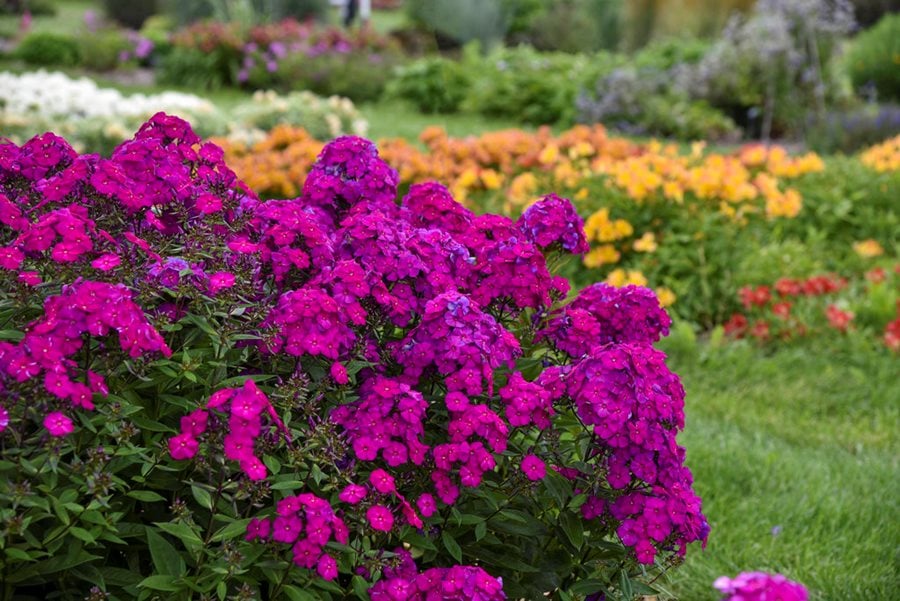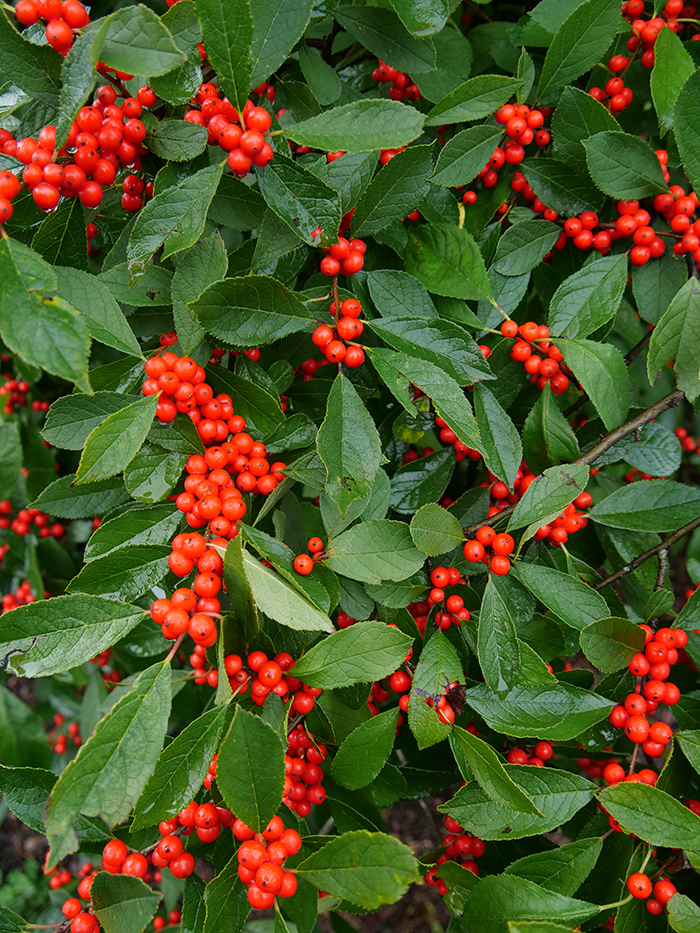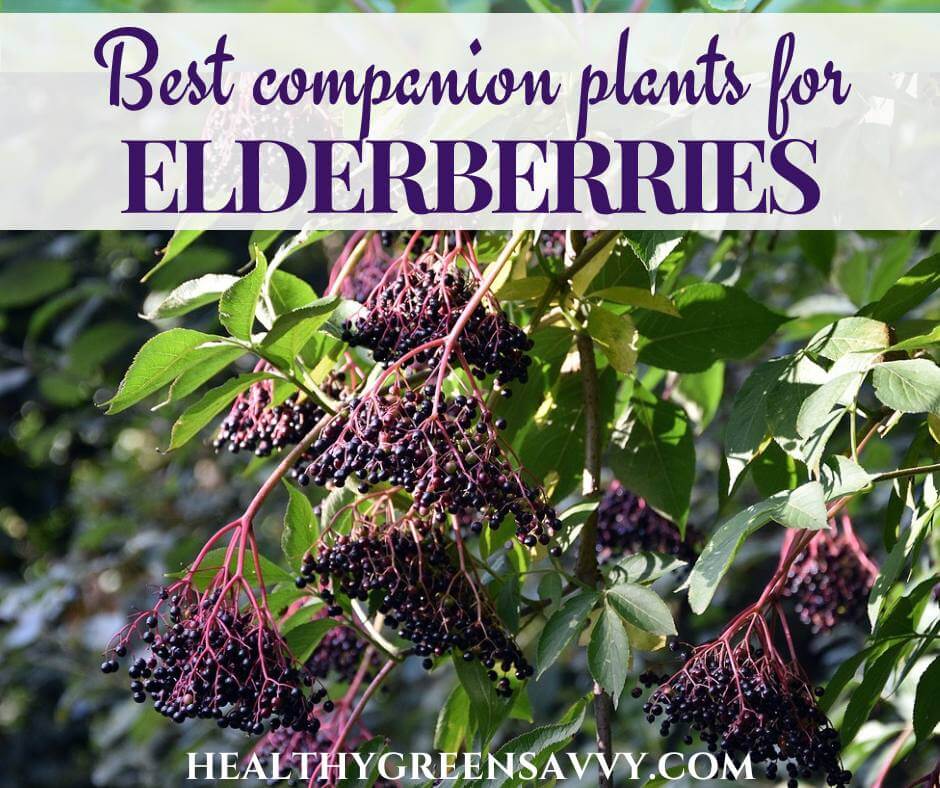The Best Companion Plants For Elderberry
Title: The Best Companion Plants for Elderberry
Introduction:
Elderberries are a versatile and beautiful plant that can be grown in a variety of climates. They are also a valuable addition to any garden, as they provide food for wildlife, attract pollinators, and can be used to make a variety of medicinal and culinary products.
One of the best ways to get the most out of your elderberry plants is to plant them with companion plants. Companion plants are those that benefit each other when they are grown together. They can help to improve the health of the plants, deter pests, and attract beneficial insects.
In this blog post, I will discuss some of the best companion plants for elderberry. I will also provide some tips on how to plant and care for these plants together.
Main Content:
Benefits of companion planting with elderberry
There are many benefits to companion planting with elderberry. Some of these benefits include:
- Improved plant health: Companion plants can help to improve the health of elderberry plants by attracting beneficial insects, such as ladybugs and lacewings, which help to control pests. They can also help to improve the soil quality, which can lead to healthier plants.
- Deterrent to pests: Some companion plants, such as yarrow and nasturtiums, have strong scents that can deter pests from elderberry plants.
- Attraction of pollinators: Elderberry plants are attractive to pollinators, such as bees and butterflies. Companion plants that also attract pollinators can help to increase the pollination of elderberry plants, which can lead to a larger harvest.
- Enhanced aesthetics: Companion plants can add color, texture, and interest to a garden. They can also help to create a more balanced and harmonious landscape.
Best companion plants for elderberry
There are many different companion plants that can be grown with elderberry. Some of the best include:
- Yarrow: Yarrow is a flowering plant that has a strong scent that can deter pests. It is also a good source of nectar for pollinators.
- Nasturtiums: Nasturtiums are another flowering plant that has a strong scent that can deter pests. They are also edible and can be used in salads or cooked dishes.

- Clover: Clover is a nitrogen-fixing plant that can help to improve the soil quality around elderberry plants. It is also a good source of nectar for pollinators.
- Bee balm: Bee balm is a flowering plant that is attractive to bees and butterflies. It can also help to repel pests.
- Phlox: Phlox is a flowering plant that comes in a variety of colors. It is attractive to bees and butterflies, and it can help to deter pests.

- Winterberry: Winterberry is a shrub that produces red berries in the winter. It is a good companion plant for elderberry because it provides food for birds during the winter months.

- Blueberry: Blueberries are a berry shrub that is related to elderberry. They can be grown together to attract pollinators and provide a variety of fruits.

Planting and caring for elderberry companion plants
When planting elderberry companion plants, it is important to consider the needs of both plants. For example, yarrow and nasturtiums prefer full sun, while clover can tolerate partial shade. It is also important to plant the companion plants at the same time as the elderberry plants, so that their roots can grow together.
Once the plants are established, they will require regular watering and fertilizing. Elderberry plants are relatively drought-tolerant, but they will benefit from deep watering during the summer months. You can fertilize elderberry plants with a balanced fertilizer in the spring and fall.
Conclusion
Companion planting is a great way to improve the health and productivity of your elderberry plants. By planting them with the right companion plants, you can deter pests, attract pollinators, and improve the soil quality. This will lead to healthier plants and a larger harvest.
Elderberries are a versatile and beneficial plant that can be grown in a variety of settings. They are also a good choice for companion planting, as they can benefit from the company of other plants. Some of the best companion plants for elderberry include:
- Gooseberries: Gooseberries are a good source of nitrogen, which can help elderberries to grow and produce more berries.
- Winterberries: Winterberries are evergreen shrubs that provide winter interest and attract birds.
- Raspberries: Raspberries are a good source of food for pollinators, which can help to increase the pollination of elderberries.
- Blueberries: Blueberries are a good source of food for pollinators, and they can also help to improve the soil pH for elderberries.
- Walnut trees: Walnut trees can help to deter pests from elderberries.
For more information about companion plants for elderberry, please visit Home Gardening.
FAQ of companion plants for elderberry
Q: What are the best companion plants for elderberry?
A: Some of the best companion plants for elderberry include:
- Gooseberries: Gooseberries are a good choice because they attract pollinators, which help to increase the yield of elderberries. They also help to deter pests, such as aphids and spider mites.
- Winterberries: Winterberries are another good choice because they have similar growing requirements to elderberries. They also help to attract pollinators and deter pests.
- Raspberries: Raspberries are a good choice because they help to provide a windbreak for elderberries. They also help to improve the soil conditions around elderberries.
- Blueberries: Blueberries are a good choice because they have similar soil requirements to elderberries. They also help to attract pollinators and deter pests.
- Walnut trees: Walnut trees are a good choice because they help to improve the soil conditions around elderberries. They also help to deter pests.
Q: What are the benefits of companion planting with elderberry?
A: There are many benefits to companion planting with elderberry, including:
- Increased yield: Companion plants can help to increase the yield of elderberries by attracting pollinators and deterring pests.
- Improved soil conditions: Companion plants can help to improve the soil conditions around elderberries by adding nutrients and organic matter.
- Disease and pest resistance: Companion plants can help to increase the disease and pest resistance of elderberries by attracting beneficial insects and repelling harmful insects.
- Enhanced beauty: Companion plants can help to enhance the beauty of elderberries by providing a backdrop or border.
Q: What are some common mistakes to avoid when companion planting with elderberry?
A: Some common mistakes to avoid when companion planting with elderberry include:
- Planting too close together: Elderberries need plenty of space to grow, so it is important not to plant them too close together.
- Planting in the wrong location: Elderberries prefer part-sun to part-shade, so it is important to plant them in a location that gets the right amount of sunlight.
- Not watering enough: Elderberries need regular watering, so it is important to water them deeply and consistently.
- Not fertilizing enough: Elderberries benefit from regular fertilization, so it is important to fertilize them according to the instructions on the fertilizer label.
Image of companion plants for elderberry
- Attract pollinators
- Deter pests
- Improve soil conditions
- Attract pollinators
- Provide winter interest
- Deer-resistant
- Attract pollinators
- Deter pests
- Provide a windbreak
- Attract pollinators
- Improve soil acidity
- Deer-resistant
- Provide shade
- Improve soil fertility
- Attract beneficial insects
- Provide windbreak
- Attract pollinators
- Improve soil drainage
- Repel pests
- Improve soil health
- Edible
- Repel pests
- Improve soil drainage
- Edible
- Repel pests
- Improve soil drainage
- Edible
- Repel pests
- Improve soil drainage
- Edible





Post a Comment for "The Best Companion Plants For Elderberry"